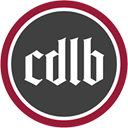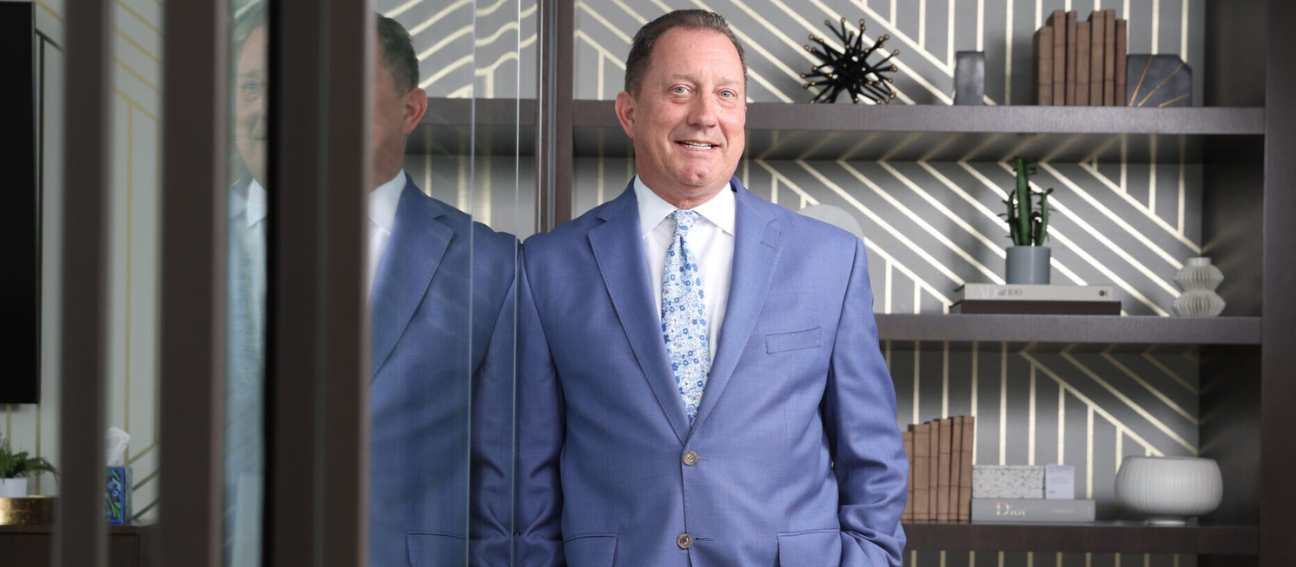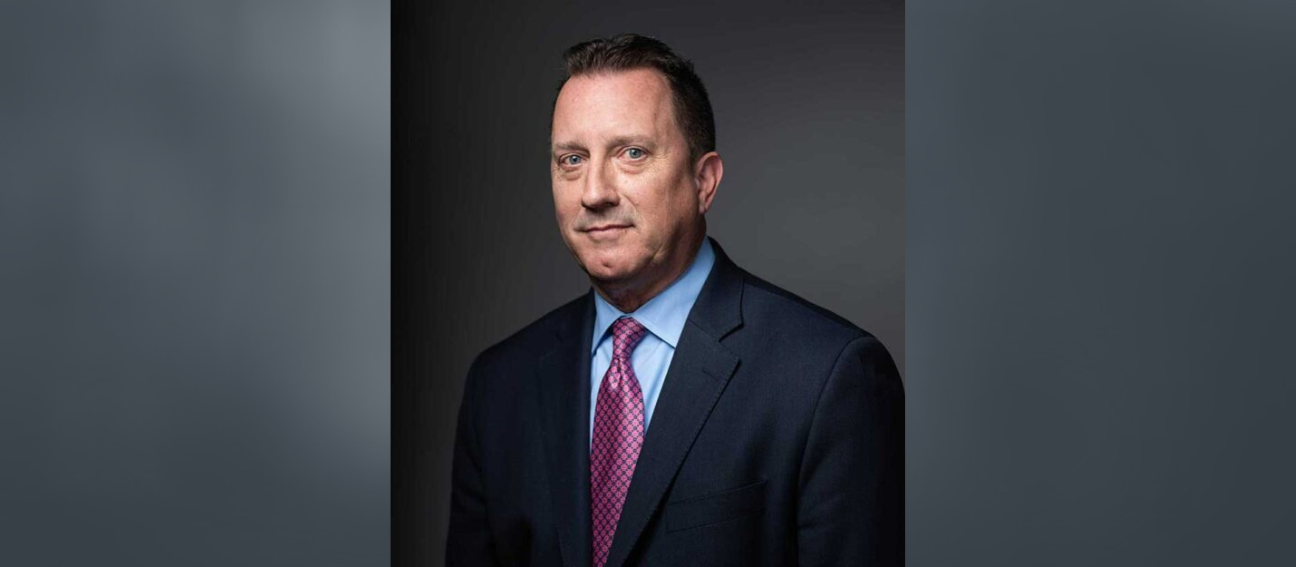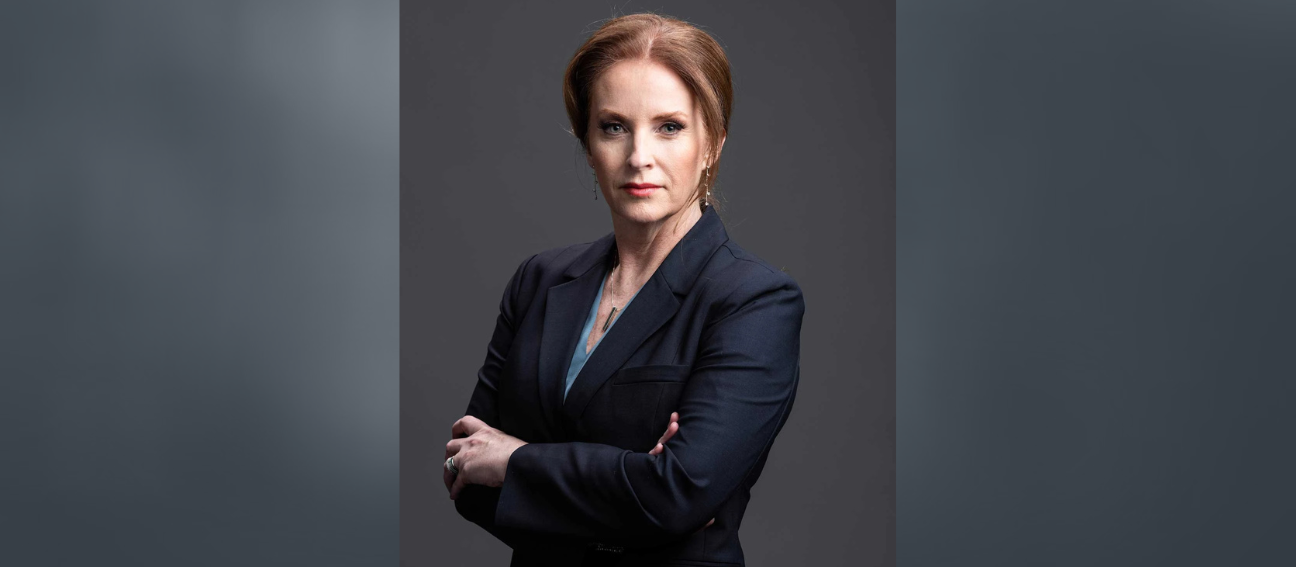
Chicago Daily Law Bulletin – October, 2020
by Jeffrey J. Kroll
Jeffrey J. Kroll is a founding partner of Kaveny + Kroll LLC. He has achieved settlements and verdicts in a wide range of cases, from trucking accidents to medical malpractice to sports safety cases. He can be reached a je*****@*********ll.com.
 The pandemic has changed our world. Sure, we can pine for the past, or, we can take this opportunity to learn how to be better lawyers, who work smarter, build more valuable relationships and are creative on how we practice law.
The pandemic has changed our world. Sure, we can pine for the past, or, we can take this opportunity to learn how to be better lawyers, who work smarter, build more valuable relationships and are creative on how we practice law.
Attorneys are in the service industry. On a daily basis, we are interacting with human beings that need our help. Often, they are in an extremely vulnerable time in their lives and looking to communicate, not only to seek, but also to pursue compassion. As a lawyer, we must figure out how to be a better people person in a pandemic and post-pandemic world. Today, more than ever, clients are confused and fearful. Like all of us, they do not know what the future holds. Often, they are not only financially insecure but emotionally taxed. As our court systems begin to implement reopening plans with changing rubrics, the practice of law is not standing still. In fact, the practice of law will need to evolve into its “new normal.”
While we are all trying to figure what jury selection will look like or how jury trials will be conducted, the full breadth of pandemic; related lawsuits are yet to be seen. Risk remains somewhat prominent today while the country continues to navigate the process of reopening.
As our country rummages further into reopening businesses and schools, it reasonably follows that there will be some uptick in the number of lawsuits filed related to how individuals and business reacted, or, more importantly, failed to react to the danger of the coronavirus. Companies, schools and other businesses will be closely scrutinized as to whether they properly ensured the safety of both their customers and employees.
A spotlight will shine upon many businesses and educational institutions as to whether they negligently enabled the spread of COVID-19 to others.
My son is a freshman in college. Many schools closed campuses and instituted online learning. A safe measure, absolutely. However, students were no longer able to take advantage of the programs, athletics and other amenities offered by these institutions. Many colleges failed to reimburse students for unused portions of the fees paid for room and board, and various other campus services. I can envision an increase in lawsuits as students will claim a diminished college experience and an altered online learning platform, therefore, refusing to pay the full tuition. A federal lawsuit was recently filed for just these measures against The University of San Diego, calling for the university to honor the different fee structures between in-person and online learning (that exist in pre-COVID times).
They are not alone, whether in California or the rest of the country. Lawsuits against California’s state school systems, filed by students elsewhere in the state, are at a crucial point as federal judges in Los Angeles and San Francisco consider whether the cases should be dismissed or move toward trial.
Sadly, in the wake of the involuntary closure of scores of businesses, many companies have attempted to fall back and rely on their insurance, only to be informed that their losses are not covered by the insurance policies in place. As such, COVID business interruption coverage lawsuits have been filed in courts throughout the country by a wide range of businesses. It seems that most commonly they are being filed by restaurants and bars.
Another area of potential litigation involves property managers of commercial and retail properties and their tenants. This is a two-way street. Landlords will need to assess and, potentially, adjust their exposure to the risk of lease termination and defaults due to the economic impact of the virus. These agreements should be thoroughly reviewed to understand the contractual rights and obligations of both the landlord and the tenant with respect to the property in extraordinary circumstances.
Given the scope of this unprecedented pandemic, however, business and societal considerations will likely have a significant effect on the contractual rights of the landlords and their ability to exercise their usual remedies. On the other hand, tenants are not receiving what they bargained for. Let’s face it. Many buildings have a certain allure to them that entice tenants. Whether it is health clubs, restaurants, meeting space, there in lies the draw. Yet, unfortunately, those amenities are no longer available, leaving tenants wondering if they are truly getting their money’s worth.
Finally, with the surge of patients entering physician offices, clinics, emergency rooms and hospitals due to COVID-19 concerns, as medical malpractice attorneys, we fear that many “routine” checkups, screenings, procedures and treatments have been lost in the shuffle. Some patients are reluctant to seek usual care during this unusual time. In other cases, providers or facilities have been unable to offer services considered to be “elective.” Keep in mind that something as seemingly benign as an annual physical, as preventive as a colonoscopy or mammogram to biopsies and surgical procedures can fall under this category. It’s no surprise that cancer deaths alone are predicted to increase by 20% in the next year, in part due to these delays in diagnosis and treatment.
Regardless of the varying situations, one thing is certain. This pandemic will impact clients, families and businesses. While we can’t anticipate all that we will face once we resume our position in the courtroom, we can only hope for and prepare to be at the forefront and proactive in advocating for our clients’ respective rights.



